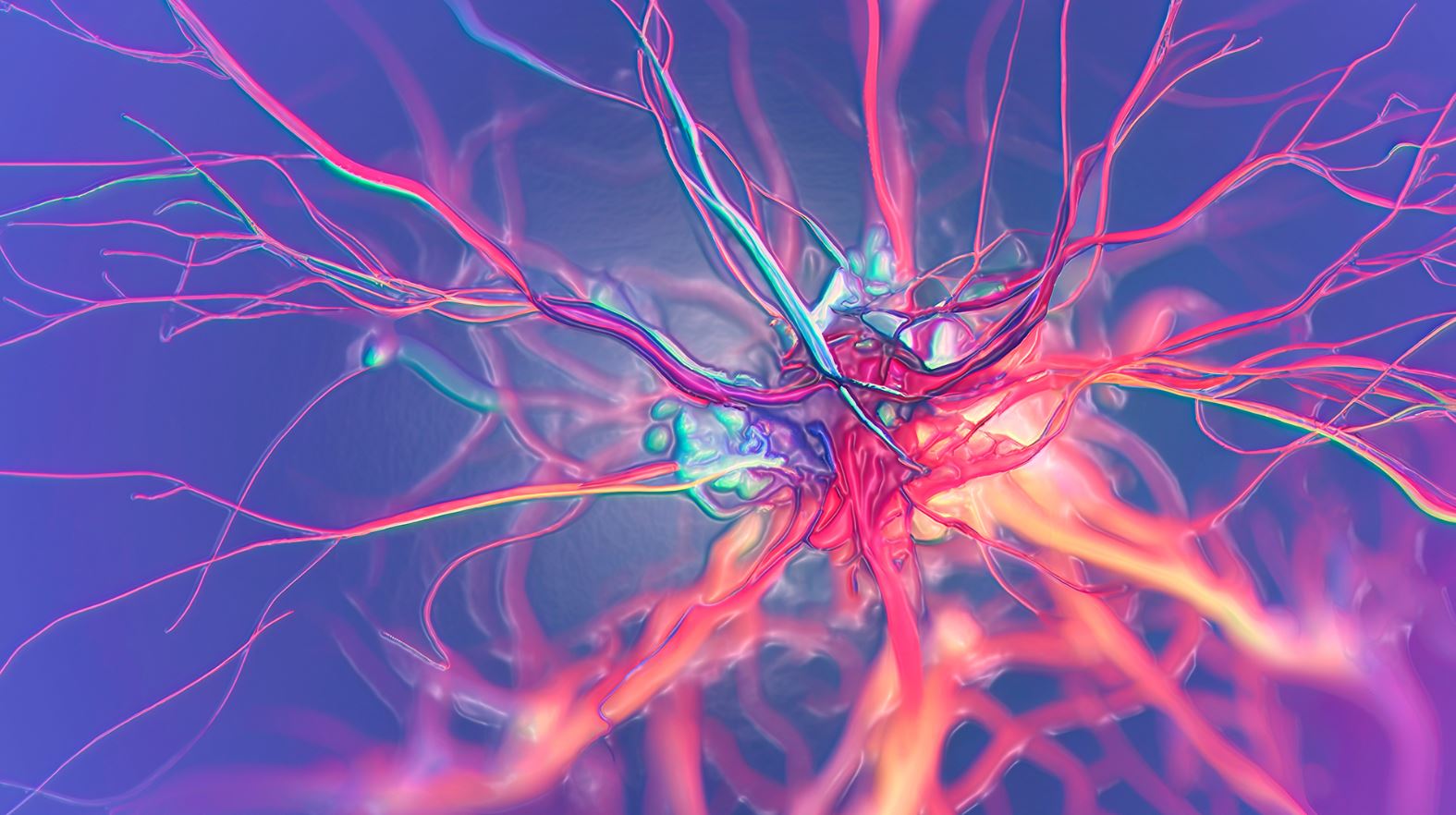 Caroline Purslow, Head of Health at Challenge Works, shares a story that resonates on both a personal and professional level. Two years ago, her colleague Tris received a life‑altering diagnosis of amyotrophic lateral sclerosis (ALS) – the most common type of motor neurone disease (MND) – with an expected three to five years to live. As ALS progressively erodes motor neurons, leading to paralysis and eventual respiratory failure, treatment options remain limited and temporary.
Caroline Purslow, Head of Health at Challenge Works, shares a story that resonates on both a personal and professional level. Two years ago, her colleague Tris received a life‑altering diagnosis of amyotrophic lateral sclerosis (ALS) – the most common type of motor neurone disease (MND) – with an expected three to five years to live. As ALS progressively erodes motor neurons, leading to paralysis and eventual respiratory failure, treatment options remain limited and temporary.
ALS affects roughly 1 in 300 people over their lifetime, with about 5,000 individuals currently living with MND in the UK – nearly 90% of whom have ALS. With such a complex condition and few long‑term treatments available, finding a sustainable solution is no small task. This pressing challenge is exactly what inspired the creation of the Longitude Prize on ALS.
Drawing from both personal experience and a clear need for innovation, Tris and Caroline have led numerous global challenges through Challenge Works, a venture under Nesta’s innovation foundation. Their latest initiative invites diverse innovators to use artificial intelligence (AI) to crack the code in drug discovery for ALS. On 25 June 2025, the Longitude Prize on ALS was announced with funding from the MND Association – a bold step towards accelerating progress in this difficult area.
AI’s role in healthcare is expanding—from virtual health assistants to enhanced diagnostics—but its potential in drug discovery is particularly exciting. By evaluating thousands of possibilities in a single day, AI can complete tasks that would traditionally take years. This is similar to how Microsoft’s diagnostic tools and Polaron’s AI models have already demonstrated significant improvements in their respective fields.
Crucially, the success of the prize hinges on access to comprehensive patient data. Years of dedicated fundraising have built a substantial repository of MND patient information. The challenge now is to consolidate these scattered datasets, making it easier for teams to discover new drug targets.
The competition is structured in clear stages to support and reward progress:
- By April 2026, 20 teams will receive a £100,000 Discovery Award to identify promising therapeutic targets.
- In May 2027, ten teams will be granted an additional £200,000 to validate these targets using computational models.
- By September 2028, five teams will earn £500,000 for testing their findings in the laboratory.
- Finally, in January 2031, the ultimate prize of £1 million will be awarded to the team that presents the most compelling therapeutic approach.
This challenge prize is designed to foster creativity, collaboration, and a shared commitment to overcoming one of healthcare’s most daunting obstacles. If you’ve ever felt frustrated by the slow pace of medical breakthroughs, you’ll appreciate the fresh, action‑oriented approach that this initiative represents.
By combining personal insights with cutting‑edge technology, the Longitude Prize on ALS offers renewed hope for developing sustainable treatments for ALS. It’s a clear example of how targeted innovation can light the way forward when traditional methods stall.








